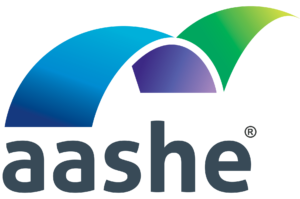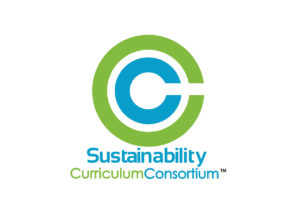
- This event has passed.
Webinar: Sustainability Education in the Food-Energy-Water-Nexus
August 26, 2020 @ 3:00 pm - 4:00 pm EDT
FreeWorldwide, there has been growing interest in research, education, and discourse around the FEW-Nexus, which serves as a framework to describe and aid in addressing complex coupled human-natural systems and the most significant global challenges of today and tomorrow. Institutions of higher education must take a leading role in fostering science, technology, engineering, and mathematics (STEM) and food, agriculture, natural resources, and human sciences (FANH) literacy as a means of preparing all global citizens for the most pressing global challenges of today and tomorrow. In this webinar, we present the National Collaborative for Research on Food, Energy, and Water Education (NC-FEW; http://ncfew.org), a new transdisciplinary community of postsecondary educators and education researchers engaged in FEW-Nexus-focused educational programming and research/evaluation. Over the next 5 years, this Research Coordination Network (RCN; ECR-EHR Core Research #1856040) will engage individuals from a diverse array of postsecondary faculty with STEM and FANH backgrounds by affording a novel and innovative space for discourse, networking, and collaboration-building around FEW-Nexus-focused education and education research/evaluation. The webinar will provide an opportunity for participants to identify and explore the needs and priorities of the AASHE community in respect to NC-FEW’s broader mission and goals.
For members: watch on demand For members: archived webinars on demand Upcoming webinars
This webinar is part of a series of webinars on sustainability in the curriculum put on by SCC and AASHE.
 |
 |
Presenters
|
Cory Forbes, Associate Professor and Director, NC-FEW, University of Nebraska-Lincoln Cory Forbes, Ph.D., is engaged in research on teaching and learning about FEW-Nexus systems across the K-16 continuum. He has expertise in STEM teaching and learning (curriculum, instruction, and assessment) in K-12 and post-secondary settings, environmental and natural resource sciences, and discipline-based education research. |